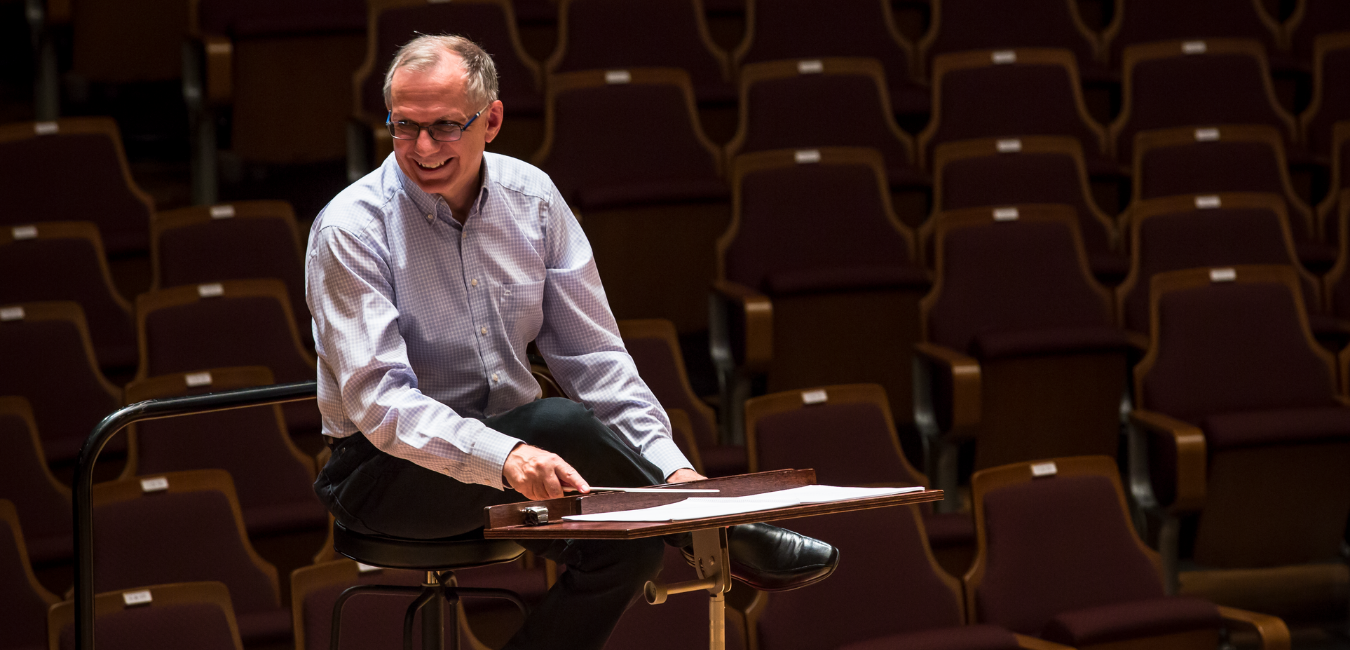
Concert Band
The Quest for Peace
Grade 4 | 10 Mins
The Quest for Peace was commissioned by Jeff Slepak for the Stevenson High School Band from Lincolnshire, Illinois, and first performed by them at the Illinois Music Educators Association All-State Convention in January 2005.
It is a tribute to the politician Adlai E. Stevenson (1900-1965), a former Governor of Illinois, after whom the commissioning school is named. Stevenson spent much of his working life striving for peace during the ominous and troubled years of the Cold War. The title is taken from a quote of his which is engraved on a bronze bust in Princeton University, which reads, ‘And now we shall have to address ourselves to the unending tasks of greatness. For the quest for peace and security is not a day's or a decade's work. For us it may be everlasting.'
Stevenson was born into politics. His maternal great-grandfather, Jesse Fell, a founder of the Republican Party, was a close friend of Abraham Lincoln and the first to propose him for the presidency. His paternal grandfather, Adlai E. Stevenson, was vice president during Grover Cleveland's second term and his father, Lewis Stevenson, also a Democrat, was once secretary of state for Illinois.
During his career, he twice ran for the Presidency, in 1952 and 1956, losing both elections to General Eisenhower. He still, however, exerted a powerful influence on the nation’s political life and attracted many young voters to the Democratic Party. In 1960, he lost the party’s nomination to John F. Kennedy who, a year later, appointed him US Ambassador to the United Nations. It was a post he held till his death and in which he served with energy as well as wit and humour. His role was crucial during the Cuban Missile Crisis in 1962 and he famously confronted the Soviet Ambassador Valerian Zorin in an emergency meeting of the UN Security Council, challenging him to admit that the offensive weapons had been placed in Cuba and declaring that he was prepared to wait ‘until Hell freezes over’ for Zorin's answer.
When he died in London in 1965, the New York Times paid tribute to him by saying: ‘To the public dialogue of his time he brought intelligence, civility and grace. We who have been his contemporaries have been companions of greatness.’
…a quest for peace… opens in majestic mood, symbolising the nobility of the man. A troubled central section follows which alludes to the military build-up between the USA and the USSR and this ends in an aleatoric section which describes the power-play between the two nations in the early 1960s. The noble opening returns, demonstrating the strength of character with which Stevenson dealt with the crisis.
